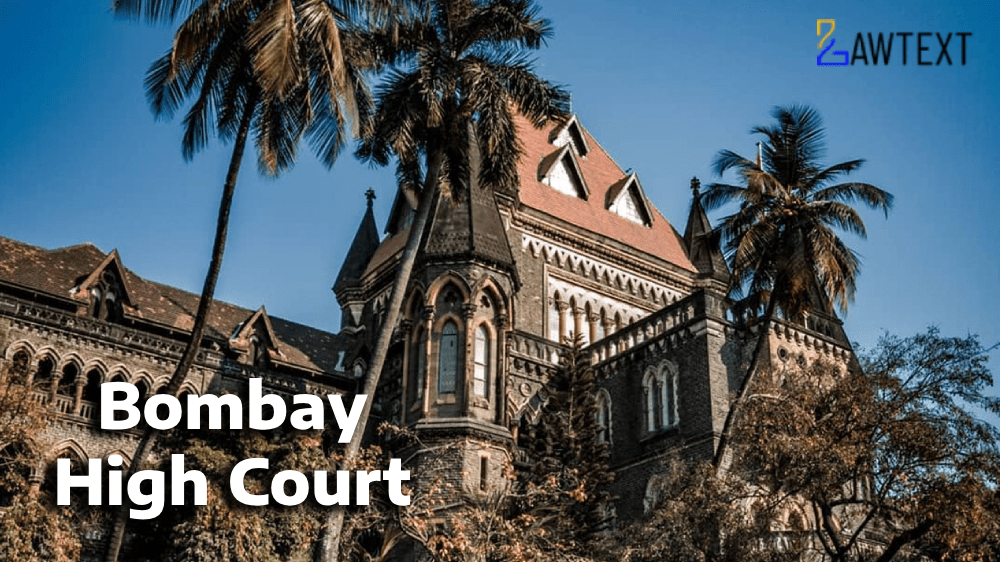CASE NOTE & SUMMARY
The Bombay High Court dismissed an application filed by a claimant seeking impleadment as a legal heir in a petition for Letters of Administration regarding the estate of Jagjivandas Shamji Suchak, who died intestate. The court ruled that the applicant, being the grandson of a predeceased brother of the deceased, did not qualify as a Class II heir under the Hindu Succession Act, 1956. Consequently, the applicant lacked caveatable interest, and his claim to be impleaded was rejected.
1. Introduction:
The case involves an application filed by an individual claiming to be a legal heir of the deceased, Jagjivandas Shamji Suchak. The applicant sought to be impleaded as a party respondent in a petition for Letters of Administration and requested the issuance of a citation in his favor.
2. Background:
- The deceased, Jagjivandas Shamji Suchak, passed away on May 1, 2021, in Mumbai, leaving behind no will.
- The petitioner, Induben Jethalal Nagrecha, applied for Letters of Administration, asserting that the deceased had no surviving Class I heirs and only Class II heirs, including herself.
3. The Applicant’s Claim:
- The applicant asserted that he was the son of Chandrakant Suchak, a predeceased son of the deceased’s brother, Purshotam Suchak, and thus had a legal right to the deceased’s estate.
- The applicant argued that the petitioner had suppressed material facts by not including him as a legal heir in the testamentary petition.
4. Petitioner’s Defense:
- The petitioner argued that the children of predeceased sons of the deceased’s siblings fall outside the category of Class II heirs as per the Hindu Succession Act, 1956.
- The petitioner emphasized that the applicant's status as a legal heir in a rent control suit did not entitle him to succeed in the estate of the deceased.
5. Court’s Analysis:
- The court examined whether the applicant had a caveatable interest, which is required to be heard in the testamentary petition.
- Relying on the principles established in the Supreme Court's decision in Krishna Kumar Birla v. Rajendra Singh Lodha, the court reiterated that only those with a direct claim to the estate can maintain a caveat.
6. Judgment:
- The court ruled that the applicant, being the grandson of a predeceased son of the deceased’s brother, does not qualify as a Class II heir under the Hindu Succession Act, 1956.
- The applicant’s lack of caveatable interest was affirmed, and his application for impleadment in the testamentary petition was dismissed.
7. Conclusion:
The court's decision underscores the importance of the classification of heirs under the Hindu Succession Act and reinforces the limitations on who may challenge or participate in testamentary proceedings.
Citation: 2024 LawText (BOM) (8) 293
Case Number: TESTAMENTARY PETITION NO.3788 OF 2022
Date of Decision: 2024-08-29
Case Title: Jagjivandas Shamji Suchak since deceased, through his legal heirs Nileshbhai Chandrachantbhai Suchak in the matter of Induben Jethalal Nagrecha Jagjivandas Samji Suchak
Before Judge: N.J.JAMADAR, J.
Advocate(s): Mr. Rahul Arora for Applicant. Mr. Priyanka Kothari i/by Ms. Vinali Bhaidkar, for Petitioner in TP No.3799 of 2022.

